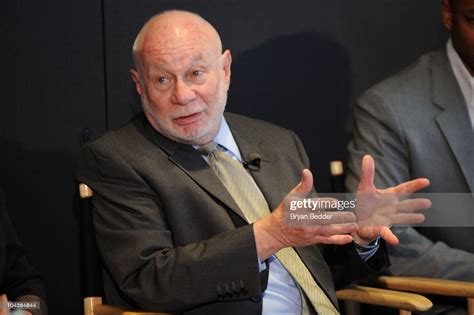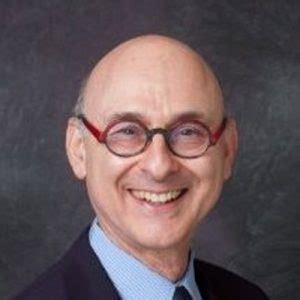A Quote by Eric Foner
For historians, hindsight can be a treacherous ally. Enabling us to trace the hidden patterns of past events, it beguiles us with the mirage of inevitability, the assumption that different outcomes lay beyond the limits of the possible.
Related Quotes
Our American past always speaks to us with two voices: the voice of the past, and the voice of the present. We are always asking two quite different questions. Historians reading the words of John Winthrop usually ask, What did they mean to him? Citizens ask, What do they mean to us? Historians are trained to seek the original meaning; all of us want to know the present meaning.
First, In showing in how to avoid attempting impossibilities. Second, In securing us from important mistakes in attempting what is, in itself possible, by means either inadequate or actually opposed to the end in view. Thirdly, In enabling us to accomplish our ends in the easiest, shortest, most economical, and most effectual manner. Fourth, In inducing us to attempt, and enabling us to accomplish, object which, but for such knowledge, we should never have thought of understanding.
On the ways that a knowledge of the order of nature can be of use.
There are only patterns, patterns on top of patterns, patterns that affect other patterns. Patterns hidden by patterns. Patterns within patterns. If you watch close, history does nothing but repeat itself. What we call chaos is just patterns we haven't recognized. What we call random is just patterns we can't decipher. what we can't understand we call nonsense. What we can't read we call gibberish. There is no free will. There are no variables.
Those of us who obsess over every word and action are constantly recalling past events, but that doesn't make them any less painful, nor does it help us transcend them. To write memoir, you have to not only recollect past events, you have to revisit them. You have to get back to the mental and emotional state you were in during those events.
The second noble truth states that we must discover why we are suffering. We must cultivate the courage to look deeply, with clarity and courage, into our own suffering. We often hold the tacit assumption that all of our suffering stems from events in the past. But, whatever the initial seed of trauma, the deeper truth is that our suffering is more closely a result of how we deal with the effect these past events have on us in the present.
Let us fix our attention out of ourselves as much as possible; let us chase our imagination to the heavens, or to the utmost limits of the universe; we never really advance a step beyond ourselves, nor can conceive any kind of existence, but those perceptions, which have appeared in that narrow compass.






































